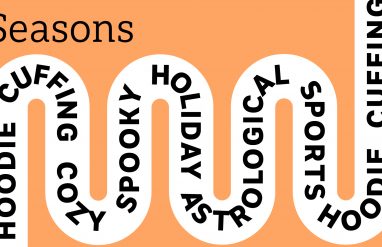Day 1: Vocabulary practice
Looking for more?
- Have you seen our Week 1 activities for high school students?
- We’ve also released Week 3 for more daily activities. Take a look!
Self-guided activities:
1. Read this article about homonyms, homographs and homophones.
2. Write out a list of these words that have multiple meanings.
- Cut out each word and tape each one onto different sides of a soccer ball.
- Take turns throwing the ball and see if you can come up with at least two different sentences using the word you land on.
Family fun activity:
1. Ask your parents if they know all of the meanings of some of the words you wrote down from the activity above.
Think of consequences for any they get wrong!
2. Try thinking of other words that have multiple meanings with your family.
If you need help, try looking at the names on packages or book titles to see if any of those words could be ones with multiple meanings.
This activity addresses CCSSI Reading Standard:
Determine the meaning of words and phrases as they are used in the text, including figurative and connotative meanings; analyze the impact of specific word choices on meaning and tone, including words with multiple meanings or language that is particularly fresh, engaging, or beautiful. (Include Shakespeare as well as other authors.)



















